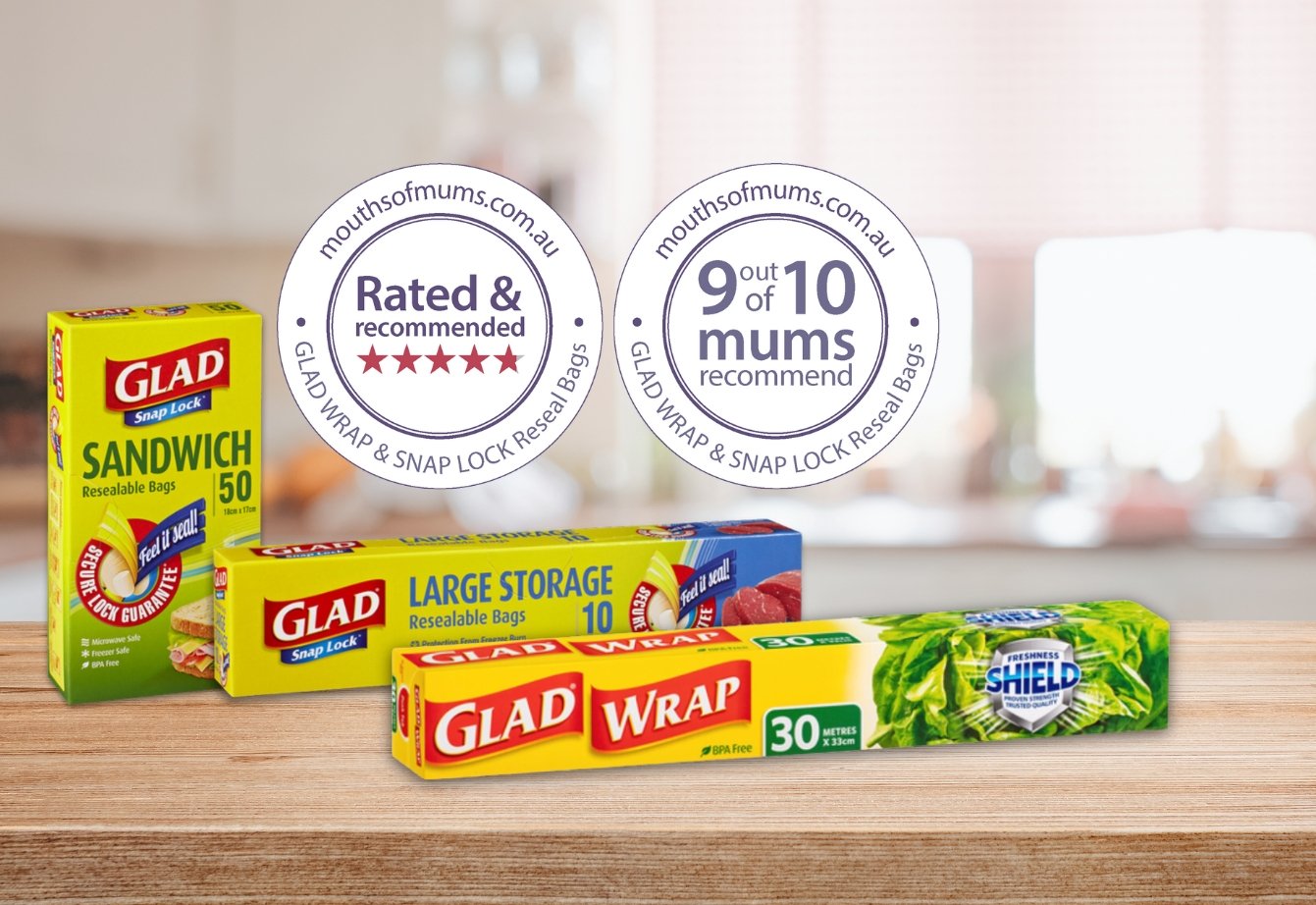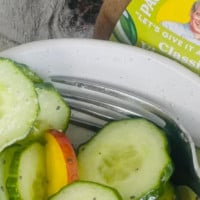The surge in popularity of gluten free diets has seen thousands of Australians avoiding wheat, rye, oats and barley at all costs.
But what if gluten isn’t the problem and there is something else behind the gassiness and bloating many people report feeling after eating foods containing gluten? The gastrointestinal problems believed to be caused by gluten, may instead be caused by FODMAP malabsorption.
FODMAPs is an acronym for Fermentable, Oligosaccharides, Disaccharides, Monosaccharides and Polyols.
Put simply, FODMAPs are a group of complex carbohydrates that can often be poorly absorbed in the small intestine.
When this happens the malabsorbed carbohydrates are fermented by gut bacteria and can produce gas which, can lead to digestive discomfort, bloating, abdominal pain and wind. These are typical symptoms of Irritable Bowel Syndrome (IBS).
To assess whether someone has a FODMAPs intolerance, a health professional may conduct a breath test, or prescribe a Low FODMAPs Diet. The idea behind the low FODMAPs diet is to eat foods that are low in FODMAPs, therefore reducing the risk of fermentation of malabsorbed carbohydrates.
The long list of foods to avoid on a low FODMAPs diet can seem tricky and exhausting.
High FODMAPs foods include everything from apples, pears, watermelon and honey, through to milk, yoghurt, avocado, mushrooms, onions and garlic.
However, a low FODMAPs Diet is not necessarily an elimination diet. It’s a low FODMAPs Diet, not a no FODMAPs Diet and it’s possible to reintroduce these foods back into a person’s diet once their symptoms have gone.
Also, while the list of foods high in FODMAPs may seem overwhelming, the list of foods people can eat on a Low FODMAPs diet is actually greater.
It’s important for people prescribed this diet to focus on what they can eat rather than what they are giving up.
It may be tempting to self-diagnose any gastrointestinal discomfort as IBS and simply adopt a gluten free diet.
However, it’s extremely important that a medical professional make a diagnosis of IBS or other gastrointestinal disorders
Why? Because the symptoms experienced may be a result of Coeliac Disease. This illness affects approximately 1 in 70 Australians.
However, around 80 percent are undiagnosed. Coeliac Disease is an extremely serious condition that requires professional advice and attention.
It’s also important to seek advice from a nutritionist or dietitian before commencing a low FODMAP diet.
An accredited dietitian will not only provide you with guidance regarding what you can and can’t eat on a low FODMAPs diet, but will also support you with recipe ideas and general encouragement.




















1:55 pm
9:28 am
9:37 pm
5:34 pm
5:27 pm
12:50 pm
12:42 pm
9:59 pm
9:45 pm
8:25 pm
6:10 pm
3:37 pm
- «
- 1
- 2
Post a commentTo post a review/comment please join us or login so we can allocate your points.